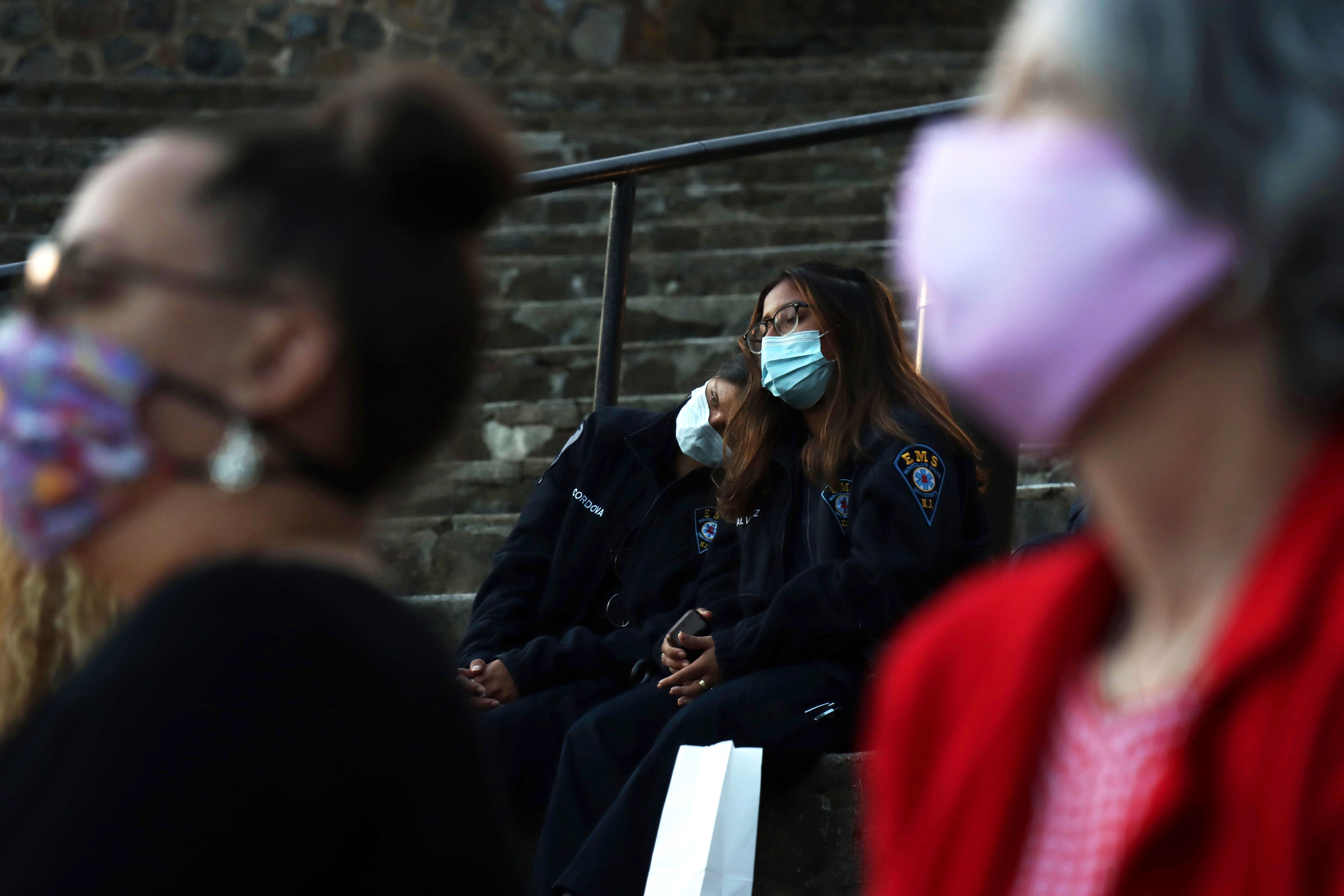During the first week in March, The Montclarion will be publishing content related to the two-year commemoration of the coronavirus (COVID-19) pandemic and the effect it has had on Montclair State University’s campus community #Since2020.
It is difficult to conceptualize the amount of death the coronavirus (COVID-19) pandemic has caused. The whole world experienced tremendous loss in some way or another.
Montclair State University lost two of its own. Jose Fernandez was a graduate student pursuing his master’s in business administration when he passed away. He was 49 years old. Lunisol Guzman spent 11 years working for Montclair State as a shuttle bus driver. She passed away just two weeks after her husband at 50 years old.
According to the Centers for Disease Control and Prevention (CDC), “more than 140,000 children in the United States have lost parents and caregivers to COVID-19.” The past two years have been traumatic for families all around the world. I cannot imagine the devastation that comes along with losing a parent to COVID-19.
It did not take long before there was controversy surrounding the pandemic. Where did it come from? Is it fake? Are masks and mandates a way for the government to control us?
Former President Donald Trump kept a dismissive attitude towards the severity of COVID-19, which in turn led some states to underestimate the real threat of increased cases, hospitalizations and deaths. Once again, the country was divided on yet another topic. The coronavirus pandemic became political.
People have lost a sense of community, too consumed with the inconvenience of something as simple as a mask to consider the individuals who did not survive this virus. Debates over whether getting COVID-19 was “that bad” erupted, invalidating those who experienced the loss of a loved one.
Despite the development of the vaccine, the CDC reports there were almost 1 million deaths in the United States alone since the pandemic first started. This is much bigger than political parties and policies.
COVID-19 targeted our country’s most vulnerable citizens, like individuals with autoimmune conditions and older people. The impact of the pandemic has also been proven to be especially damaging to lower-income and minority communities who suffered from the lack of resources and support needed to combat COVID-19. According to a 2021 study done by AP NORC Center for Public Affairs Research, “about 1 in 5 Americans know someone who has passed away from the coronavirus.”
With all of this information being politicized, we lost focus on what really matters: the health and wellbeing of our neighbors. Instead, people bickered whether the lockdown was necessary, or whether New Jersey Gov. Phil Murphy was doing a good enough job.
The truth is that this situation was a surprise to us all. The coronavirus has threatened everyone’s health and future. Ultimately, it took the lives of people we love and miss. The world will never be the same after a loss so great.
Regrettably, we are left to pick up the pieces and move on with our lives after so much tragedy has changed everything. So many families will not be able to continue as they were before the pandemic. As we move toward a new normal, we must not forget the individuals who cannot be with us today.
Blogger Jamie Anderson put it best in a 2014 blogpost.
“Grief, I’ve learned, is really just love. It’s all the love you want to give, but cannot,” Anderson wrote. “All that unspent love gathers up in the corners of your eyes, the lump in your throat, and in that hollow part of your chest. Grief is just love with no place to go.”



